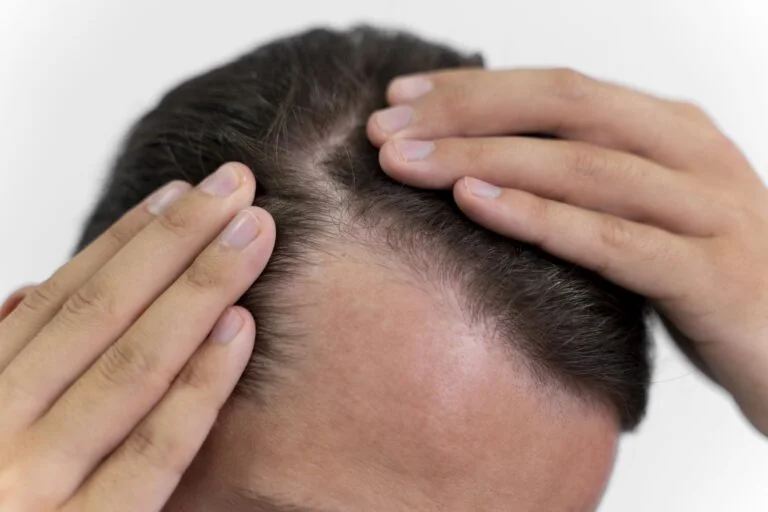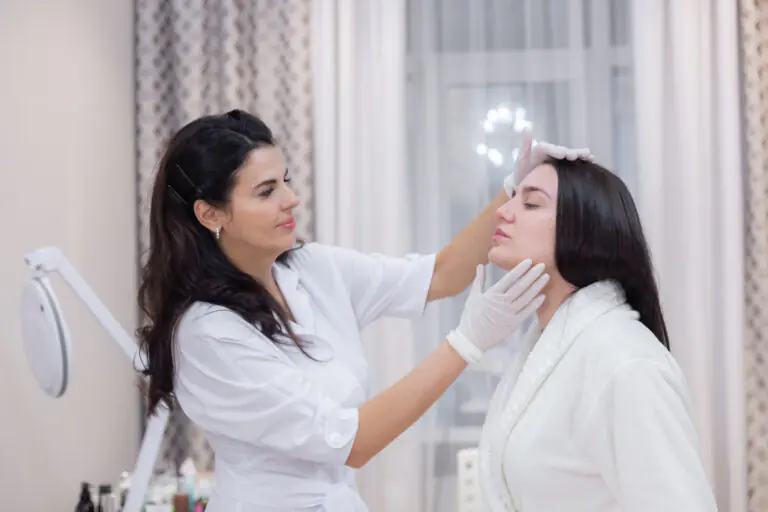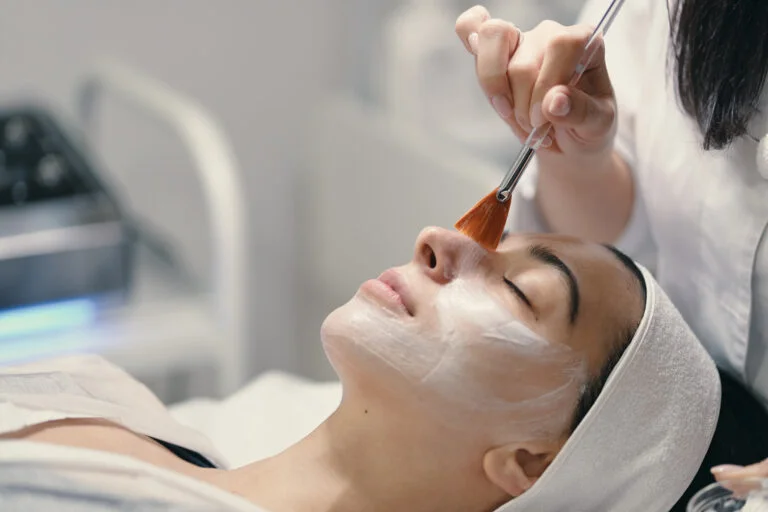Understanding when you should visit a dermatologist isn’t just limited to addressing acne or aging concerns; it’s an essential part of maintaining your skin’s health and overall well-being. Your skin is your body’s largest organ, and it faces constant exposure to the elements, making it vulnerable to various conditions. Yet, many people hesitate to consult a dermatologist, often overlooking significant skin health issues.
In this blog, we’ll outline the key reasons to visit a dermatologist, helping you determine when it’s time to seek professional care. Whether it’s for a sudden rash, chronic skin condition, or preventive check-up, knowing when you should visit a dermatologist can make all the difference in preserving your skin’s health.
Why is it important to know when you should visit a dermatologist?
Dermatologists are healthcare professionals focused on the diagnosis and treatment of conditions affecting the skin, hair, and nails. From addressing cosmetic concerns to managing severe medical conditions, their expertise ensures accurate diagnosis and effective treatment plans tailored to individual needs.
Ignoring skin issues can lead to more significant complications. A simple rash could signal an allergy or an underlying autoimmune condition, while untreated acne can lead to permanent scarring. Preventive visits can also detect potentially life-threatening conditions, like melanoma, in their early stages.
Signs When You Should Visit a Dermatologist
1. Chronic Skin Conditions
Skin conditions like psoriasis, eczema, and rosacea can significantly impact your quality of life. These chronic conditions often fluctuate in severity and may require ongoing management:
- Psoriasis: This autoimmune condition causes scaly, itchy patches on the skin. Dermatologists can prescribe advanced treatments, including biologics, phototherapy, or topical medications, to reduce inflammation and improve skin appearance.
- Eczema: Characterized by red, itchy patches, eczema often requires prescription treatments and lifestyle adjustments to minimize flare-ups.
- Rosacea: A chronic condition causing facial redness and visible blood vessels, rosacea benefits from tailored treatment plans that may include topical medications, oral antibiotics, or laser therapy.
2. Acne That Won’t Clear Up
Acne is the most common skin condition in the United States, affecting millions of people annually. While mild cases may respond to over-the-counter treatments, persistent or severe acne warrants a dermatology check-up. They can recommend effective solutions like:
- Prescription-strength topical treatments (e.g., retinoids).
- Oral medications, including antibiotics or hormonal treatments.
- Advanced therapies like chemical peels or laser treatments for acne scars.
3. Suspicious Moles or Skin Changes
A new mole or changes in an existing one can signal skin cancer, particularly melanoma. Use the ABCDE rule to assess moles:
- A: Asymmetry
- B: Border irregularity
- C: Color changes
- D: Diameter greater than 6mm
- E: Evolving size, shape, or color
Dermatologists perform skin biopsies to determine if moles are benign or malignant. Regular skin checks, especially for individuals with a history of sunburn or a family history of skin cancer, are critical.
4. Hair Loss or Scalp Issues
Hair loss can result from hormonal changes, stress, or conditions like alopecia areata. Dermatologists specialize in scalp health and can diagnose the root cause of hair loss. Treatment options include:
- Topical or oral medications (e.g., minoxidil or finasteride).
- Exosome therapy to stimulate hair growth.
- Lifestyle recommendations and nutritional counseling.
5. Unexplained Rashes or Skin Irritations
Rashes can arise from allergic reactions, infections, or underlying medical conditions. Conditions like contact dermatitis or hives require professional evaluation. A dermatologist can identify the triggers, prescribe medications, and recommend changes to reduce recurrences.
Cosmetic Reasons: When You Should Visit a Dermatologist
1. Anti-Aging Concerns
Fine lines, wrinkles, and sun damage are common concerns as we age. Dermatologists offer treatments such as:
- Botox and Dermal Fillers: To smooth wrinkles and restore volume.
- Laser Resurfacing: To reduce pigmentation and improve skin texture.
- Microneedling: To stimulate collagen production for younger-looking skin.
- Chemical Peels: To reduce pigmentation, stimulate collagen production, and improve skin texture
2. Hyperpigmentation
Dark spots and uneven skin tone are common, especially among people with darker skin types. Dermatologists can recommend targeted treatments like chemical peels, prescription creams, or laser therapy to improve hyperpigmentation safely.
Preventive Reasons: When You Should Visit a Dermatologist
Even if your skin appears healthy, an annual dermatology visit can help prevent potential issues. Early detection of skin conditions, especially skin cancer, can save lives. Preventive care may include:
- Skin cancer screenings.
- Education on proper sun protection.
- Guidance on skincare products tailored to your skin type.
Preparing for Your Dermatology Visit
Maximize your dermatologist appointment by preparing in advance:
- Track symptoms: Note when your skin condition began and any triggers.
- Bring your products: Share your current skincare routine with your dermatologist.
- Ask questions: Prepare a list of questions or concerns to discuss during your visit.
What a Dermatology Clinic Offers
At advanced dermatology clinics like Trillium Clinic in North Carolina, you will find board-certified dermatologists who specialize in medical, surgical, and cosmetic dermatology, ensuring comprehensive care for all your skin, hair, and nail concerns. Advanced diagnostic tools and the latest treatment options offered by dermatology clinics can help treat and manage a multitude of skin concerns.
Conclusion
Your skin is your first line of defense against the environment and plays a significant role in your overall health and confidence. Don’t wait to address skin concerns or schedule a preventive visit. Knowing when to go to a dermatologist can lead to healthier, glowing skin and peace of mind.








